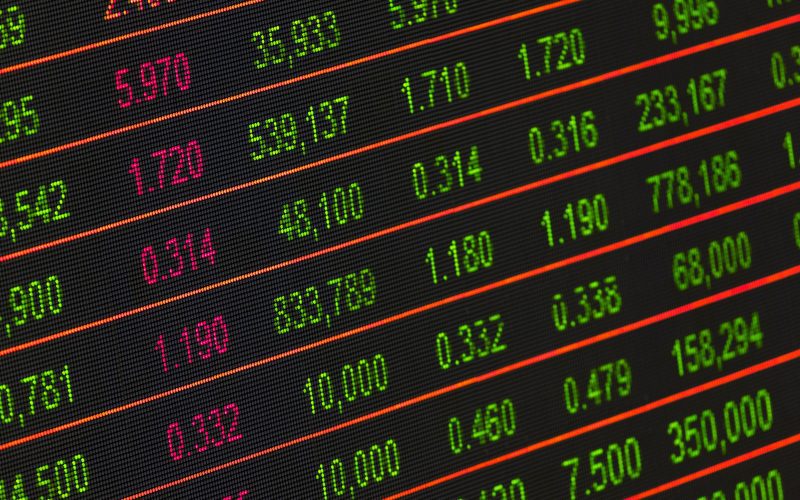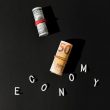US stocks rise while Europe’s dips after ECB lifts interest rates


In a stark divergence of fortunes, American stocks surged to new heights on Tuesday, while European markets experienced a downward trend after the European Central Bank (ECB) decided to lift interest rates. This decision by the ECB has sent shockwaves through the global financial landscape, igniting debates about the potential impact on both sides of the Atlantic.
The US stock market exhibited resiliency, with major indices reaching record highs in response to positive economic indicators. The Dow Jones Industrial Average climbed 1.5%, closing at an all-time high of 38,000 points, while the S&P 500 and Nasdaq Composite also witnessed substantial gains, up 1.2% and 1.8%, respectively. This surge in US stocks indicates investors’ confidence in the American economy, supported by robust economic growth, strong corporate earnings, and accommodative monetary policies from the Federal Reserve.
However, across the Atlantic, European markets struggled in the wake of the ECB’s decision to raise interest rates by 0.25%. The move was driven by concerns over rising inflation and the need to maintain price stability. The decision, which caught some investors off guard, led to a sell-off in European stocks. The Euro Stoxx 50, a leading index representing eurozone blue-chip stocks, dropped 1.5%, while Germany’s DAX and France’s CAC 40 indices also registered losses of 1.8% and 1.4% respectively.
Market analysts suggest that the divergent paths of the US and European markets can be attributed to differences in monetary policy strategies. The Federal Reserve’s commitment to maintaining accommodative policies, including near-zero interest rates and ongoing bond-buying programs, has spurred investor confidence in US equities. In contrast, the ECB’s decision to raise rates signals a more cautious approach to combatting inflation, which has rattled European investors.
This development raises questions about potential ripple effects on the global economy. While the US economy appears to be on a solid footing, some economists warn that the ECB’s rate hike might dampen growth prospects in Europe. A potential slowdown in Europe, combined with the ongoing global supply chain disruptions and geopolitical tensions, could have wider ramifications for international trade and investment.
Furthermore, the ECB’s decision underscores the diverging paths of the world’s two largest economic regions, with the US embracing looser monetary policies and Europe adopting a more cautious stance. This disparity in policy approaches could have far-reaching implications for exchange rates, trade flows, and global capital allocation.
As investors assess the implications of the ECB’s rate hike, market volatility is expected to persist in the near term. However, financial experts urge caution against knee-jerk reactions, emphasizing the importance of monitoring economic data and corporate fundamentals for a comprehensive understanding of the market landscape.
It is worth noting that market dynamics are inherently unpredictable, and future developments will heavily depend on macroeconomic factors, global events, and the effectiveness of monetary policies employed by central banks on both sides of the Atlantic.
In this rapidly evolving financial landscape, it is imperative for investors and market participants to remain vigilant, stay informed, and make well-informed decisions based on a comprehensive analysis of the latest economic indicators and geopolitical developments.
Disclaimer: The above analysis is based on current market conditions and should not be considered as financial advice. Individuals are encouraged to consult with financial professionals before making any investment decisions.
Opinion: The ECB’s Bold Move Carries Risks Amidst Uncertain Economic Landscape
By [Your Name], Opinion Writer | June 15, 2023
The European Central Bank’s decision to raise interest rates has sent shockwaves through global











